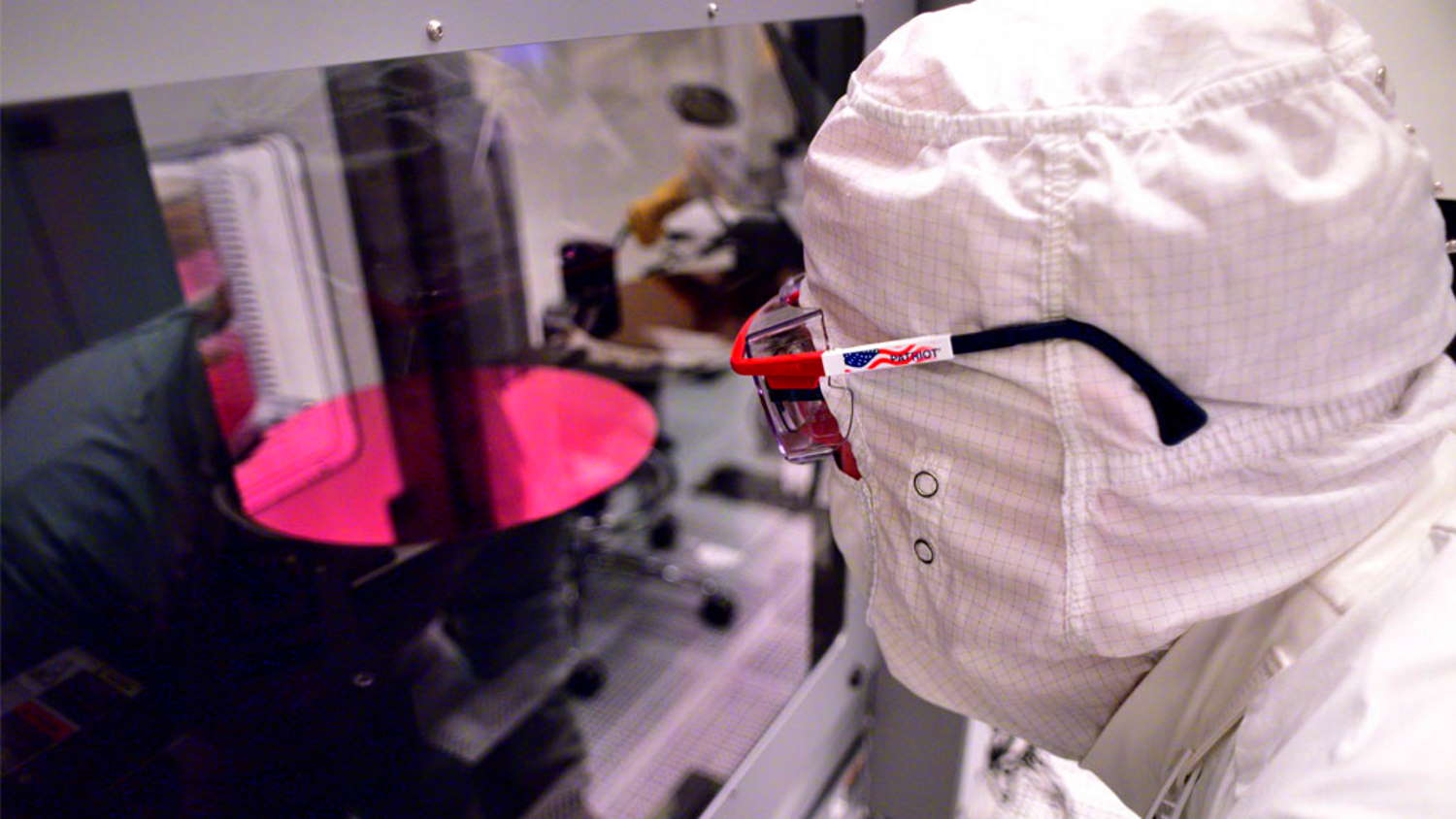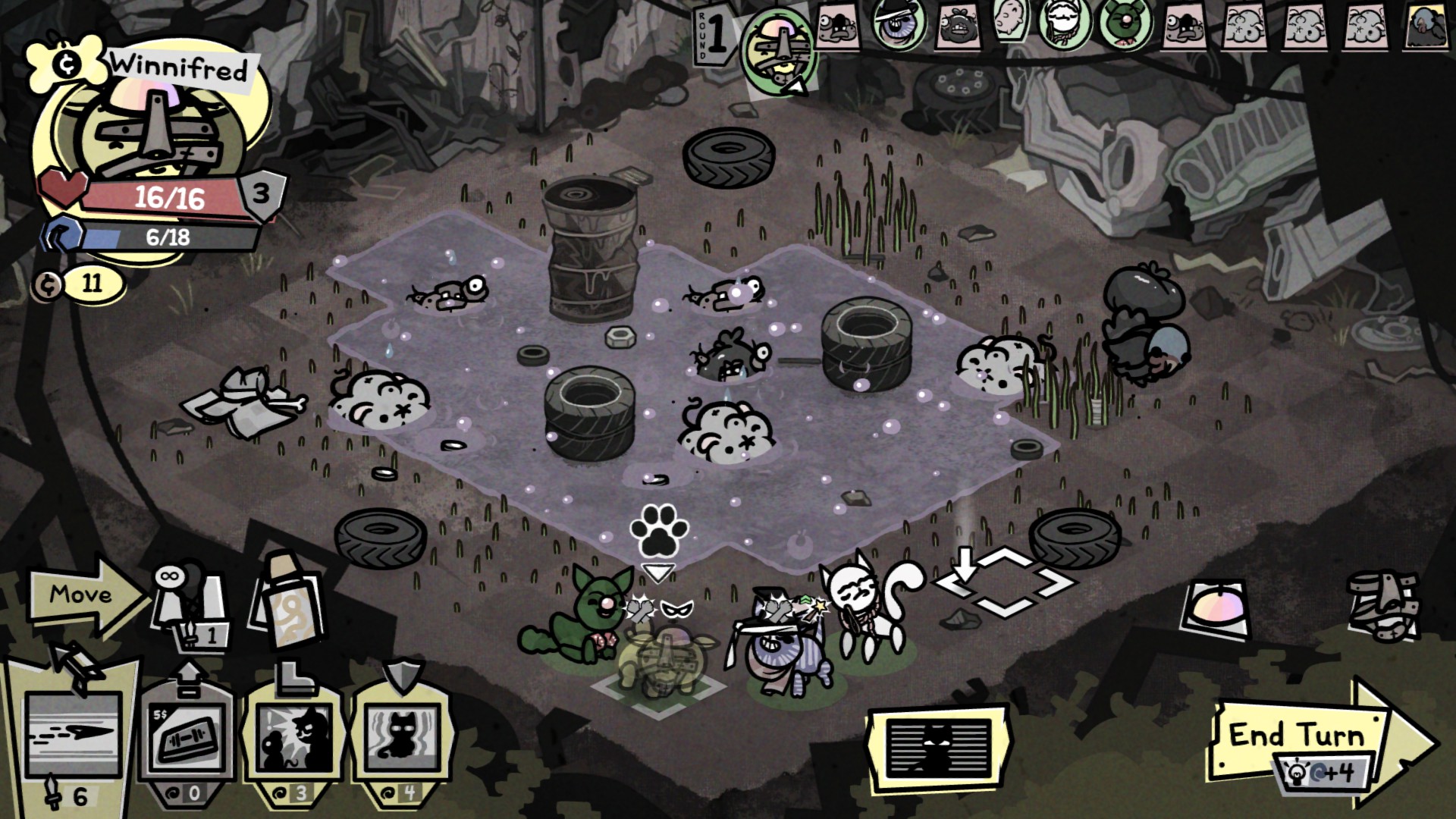Intel CEO says it is 'closing the gap' on rivals 'even more rapidly' than expected
Intel has some catching up to do, but apparently it's confident it can do it.

Keep up to date with the most important stories and the best deals, as picked by the PC Gamer team.
You are now subscribed
Your newsletter sign-up was successful
Want to add more newsletters?

Every Friday
GamesRadar+
Your weekly update on everything you could ever want to know about the games you already love, games we know you're going to love in the near future, and tales from the communities that surround them.

Every Thursday
GTA 6 O'clock
Our special GTA 6 newsletter, with breaking news, insider info, and rumor analysis from the award-winning GTA 6 O'clock experts.

Every Friday
Knowledge
From the creators of Edge: A weekly videogame industry newsletter with analysis from expert writers, guidance from professionals, and insight into what's on the horizon.

Every Thursday
The Setup
Hardware nerds unite, sign up to our free tech newsletter for a weekly digest of the hottest new tech, the latest gadgets on the test bench, and much more.

Every Wednesday
Switch 2 Spotlight
Sign up to our new Switch 2 newsletter, where we bring you the latest talking points on Nintendo's new console each week, bring you up to date on the news, and recommend what games to play.

Every Saturday
The Watchlist
Subscribe for a weekly digest of the movie and TV news that matters, direct to your inbox. From first-look trailers, interviews, reviews and explainers, we've got you covered.

Once a month
SFX
Get sneak previews, exclusive competitions and details of special events each month!
Intel has had a tough time with chipmaking as of late, but its CEO, Pat Gelsinger, says he believes the company is catching up to its chipmaking competitors at a faster rate than he expected.
He said this during the company's latest financial call, which is where you'd usually expect to hear a CEO bigging up their own company. Nonetheless, there's something in the fact Intel now sees itself as going from behind the curve to on it so quickly.
"...all of those nodes, Intel 7, Intel 4, Intel 3, Intel 28, Intel 18A, are on or ahead of schedule," Gelsinger says during the Q&A section of the earnings call (via Seeking Alpha). "Relatively speaking, we're closing the gap on the industry, probably even more rapidly than I would've expected just a quarter ago."
Gelsinger is probably referring to TSMC here, as its main competitor in the chipmaking business, but Samsung, too, is a large chipmaking foundry.
TSMC makes most of AMD's silicon on its 7nm process, and recently Apple announced new chips, including the impressive M1 Max, using TSMC's 5nm process. Intel, on the other hand, is gearing up for the first desktop chips on its Intel 7 process node, which was previously referred to as 10nm Enhanced SuperFin.
If you're wondering what all this means for your gaming PC, Intel also says that its significant cash investments in its own business—set to reach up to $28 billion next year—will lead to "superior products with superior pricing and margins."


Best CPU for gaming: the top chips from Intel and AMD
Best graphics card: your perfect pixel-pusher awaits
Best SSD for gaming: get into the game ahead of the rest
"And as a result of that, these investments will be producing superior products with superior pricing and margins more rapidly, than we would have forecast even a quarter ago."
Keep up to date with the most important stories and the best deals, as picked by the PC Gamer team.
Context is key here, though. That is superior in the financial sense, as in superior pricing and margins for shareholders, who Intel is talking to on the call. But you can't start charging more until you have a great product, as was the case with AMD's Ryzen Zen 3 processors, which have put the pressure on Intel to deliver this past year but also come with higher costs.
"Obviously, we have a couple of years to work through," Gelsinger concludes. "But this is going to be a great outcome. And we think all of our aggressive leanings right now are going to be handsomely rewarded in the marketplace to our customers and to our shareholders over time."
No doubt Intel does appear to be pouring fuel on the R&D fire to come back at its historical competitors (AMD) and its newer ones (Nvidia and Arm). The first of which appears to be Intel Alder Lake, the new hybrid desktop chips said to arrive very soon indeed.

Jacob earned his first byline writing for his own tech blog, before graduating into breaking things professionally at PCGamesN. Now he's managing editor of the hardware team at PC Gamer, and you'll usually find him testing the latest components or building a gaming PC.

